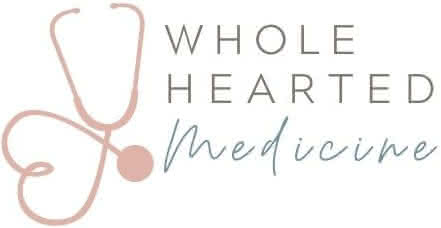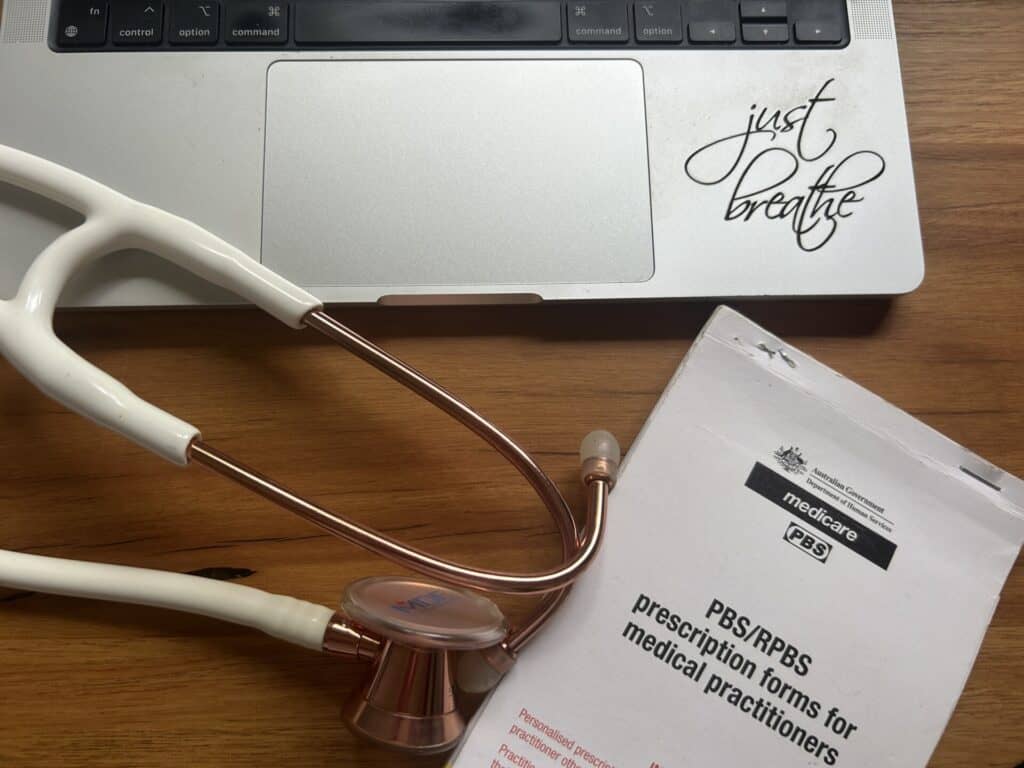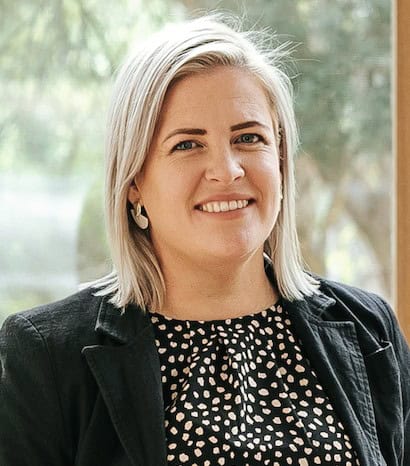You’ve made it! All those years of studying now a not too distant memory, the title ‘Dr’ proudly displayed before your name and your stethoscope neatly tucked into your bag ready to take on the wards. Back when it was my turn to walk these trepidatious first steps into independent clinical practice my ‘tool kit’ still contained hard copy reference books, lots of ‘post-it’ notes and a variety of coloured pens to colour code my seemingly never ending task list. I feel that perhaps for you things might look a little different as you navigate this increasingly digitised world? Yet as you now begin your career as a doctor I’m sure that the feelings won’t be far removed from those that I remember…
Stress
So many tasks to do, IVC’s to place- I missed the last one… which probably means I’ll miss the next one… which probably means I’m a terrible doctor!
Sincerely, your brain.
Stress is a funny thing- our bodies and minds are beautifully designed to respond to it and move on. Yet for most of us, the stress we experience in our day to day lives leaves a lasting imprint upon us, our minds opting to replay stressful events that happened in the past or rush ahead trying to plan out the outcomes of anticipated stressful events yet to arise. The key here is that more often than not the time travel of the mind exacerbates situational stress. If we simply asked our bodies and minds to respond to the stress in front of us right in that moment- we could do it (after all, we’ve had a 100% track record for making it through stressful situations in the past!!). Yet what we so often find ourselves needing to deal with is the situational stress right in front of us AND the psychological stress of a million other things that our minds replay for us at the same time. My tip here is to learn how to practice mindfulness- the skill of being able to stay in the present moment, without judgement- and learn it early in your career. If this is something that you would like to learn a bit more about then join our free webinar Mastering Mindfulness on the 11th March.
Fear
What if I make a mistake? Even worse- what if that mistake kills someone?
That not always helpful voice inside your head…
The truth is that very few things that you are able to do as an intern have the capacity to be singularly responsible for a bad outcome, even though it so often feels this way. The fact that you worry about this shows that you are a good doctor. It shows that you have a healthy respect for your limitations and it reminds you to ask for help when you feel out of your depth. Every senior colleague you encounter in these first few weeks and months expects you to ask more questions now than at any other time in your career. So don’t be afraid to ask for help.
Overwhelm
Constant messages from all over the hospital, everyone needs me and it seems like everyone thinks their needs are the most important ones. There is so much to do and it never seems to end! How will I ever get on top of everything?
It is completely normal to find the constant demand on your time and energy to be depleting in these early days. No-one knows the importance of multitasking like an intern on their first rotation! This first rotation your biggest lesson to learn is really about task management and delegation. You are only one person- you can’t be in two places at once and this will inevitably mean that some requests need to be moved further down your priority list. The key here is to let each person know where in your ‘To-Do List’ their request sits and give them a time frame in which you are most likely to be able to attend it. If they have an issue with that then they can either speak to your registrar about it or find another person to complete that task. If you are having trouble working out how to prioritise your tasks or feeling that your workload is unmanageable then don’t wait until the last minute to speak to someone about that. Chat with your registrar or if you don’t feel able to do that then your consultant or another trusted senior colleague.
Anxiety
Did I write up the right drug dose? What if I forgot to put in the path for tomorrow?
Thought every intern ever…
We all have busy minds that tend to go over things we’ve done or experiences we’ve had- this is normal. As doctors we are trained to ‘find the pathology’ wherever we look- this skill comes in enormously handy in our work lives, but can cause us some problems in our personal lives. There is a certain degree of normality in worrying about things and finding it difficult to switch off every now and again. What is not normal is persistent anxiety that starts to affect other parts of your life, like your sleep, your ability to catch up with friends and maintain relationships, your appetite and your mood. If that sounds like you then the best person to chat to is your GP- and if you don’t yet have a GP, now is a really great time to get one! You don’t have to wait until you are unwell to establish a relationship with a GP, we are here to support you through all life’s stages (including internship!).
Excitement
New procedures, being an integral part of the team and learning new things. It’s exhausting, but exhilarating!
Life can feel really busy and sometimes a bit overwhelming during internship, but beneath all that you might notice some other feelings that might be hiding behind those initial responses. Excitement about all the new things you’re learning, the colleagues and friends you are meeting and perhaps most excitingly, having some money in your pocket finally after all those years as a student! Don’t forget to slow down and savour these things you might feel grateful or excited about, as you can probably already sense, there is a lot going on this year and allowing yourself to absorb the exciting things can be a helpful tool for balancing out the less positive aspects of your work.
Tiredness
Sleep can sometimes seem elusive amidst long days, cover shifts and a mind that ruminates over the happenings of a busy day.
Sleep is one of those things that tends to be a marker of wellbeing for a lot of us. I remember my own sleep being the first thing that became problematic for me as my mental health started to decline pre-burnout. Sticking to the basics of sleep hygiene- waking at the same time every day, limiting caffeine and screen time before bed, eating well, exercising and learning skills like mindfulness to help settle a busy midnight mind- is an important start. If you find that your sleep is beginning to suffer this year though, this is another reason to check in with your amazing GP.
Pride
It is OK to feel proud of your accomplishments and how hard you have worked to get to this point.
You should feel proud- you have worked really hard to get where you are now! Sometimes medicine can feel like the sort of place that cuts down tall poppies but it is OK to let yourself feel proud of your accomplishments. Learning how to slow down and savour the good in our lives while at the same time not becoming too caught up in the external validation of achievements and accolades is a skill of self awareness that does come with time. If you’re finding it difficult to find the right balance in this regard then maybe consider working with a coach to help you to gently build self awareness and help to combat Imposter Syndrome (another common feeling for many of us!). You can find a collection of coaches who work exclusively with doctors via this page.
Embarrassment
I still remember the red hot feeling of total mortification that overcame my whole body when I answered a consultant’s question wrong during ward rounds in front of our whole Gen Med team.
Dr Emily Amos
You will recover from embarrassment even though it might not feel like it at the time. We were all beginners once… even that amazing professor who is leading your ward round and seems to know everything about everything! Try to show yourself the grace that you would show any one of your colleagues in the same situation- we all make mistakes, we all say the wrong thing sometimes, we all have bad days. One of the core components of the practice of self compassion is the ability to remind ourselves of our common humanity. This means that when we are going through something tough as humans, often our natural reaction is to recoil into ourselves and our own experience. The thing about this is that in the quiet corners of our own minds, we tend to distort our experience and be extra hard on ourselves. Reminding yourself everyday that all humans go through this and that no one is perfect is a great mantra to live by.
Heartache
You will see some tough things this year. Try to be kind to yourself.
One of my most vivid memories from internship was the first death I was ever called to certify whilst on cover shift. As I made my way down the corridor to the room I could see the soft glow of the sun setting through the windows and I ran through all the important elements of certifying a death in my head. When I got to the room there was a small older lady alone in the bed and no one else around; the nurses were busy, there was no family there and it was a quiet end of the ward. I made my way through each step- pupils fixed and dilated, no response to pain, no breath sounds… no heart sounds. Except then through my stethoscope there was a singular beat. I rushed down the corridor back to the nurses station to get her file and make sure that she was not for resuscitation. When I saw that she wasn’t I initially wasn’t quite sure what to do next? I had other tasks that I needed to do, but it didn’t feel right just to go off to do them and then come back once this patient’s heart had finally stopped beating. So I let her nurse know what was going on and I walked back up the corridor now drenched in the warm orange glow of the setting sun. As I walked into the room again I sat down beside the bed and just held her hand. I’m not sure how long I actually sat there for, but I stayed until her heart stopped beating. I’ll never forget the feeling in that room just before her heart made its last movement, there was a settling and stillness that I had never felt before.
Knowing that I had tasks mounting up, I had to fight the urge to get up immediately and move on with my busy shift, so I sat there for a few minutes more just holding her hand and allowing myself to process what had just happened. I think of that day and that patient often and I am grateful for the opportunity to have been there as she passed. I needed those quiet moments to let my body and mind adjust to this new reality where I was even more viscerally aware than before of the fragility of life.
You will see and do hard things this year and throughout your career, but don’t ever let this job or anyone in it tell you that being a doctor is more important than being a human.
Dr Emily Amos
Learning how to relate to your experience- however complex and confronting it is, will be one of the most important clinical skills you can ever develop. While it may be tempting to always chase the next training, the next post nominals, the next ‘big career thing’ don’t forget to intentionally protect the time and space in your life to also learn how to just be you.
You will be an amazing intern.
Just remember to take care of yourself in all the busyness and demands of this profession. Being a doctor is an amazing thing, but it is only one part of who you are. So, reach out for help, remind yourself everyday that you were YOU before you were DR and don’t be afraid to slow down to take a breath when you need to.
All the best,



